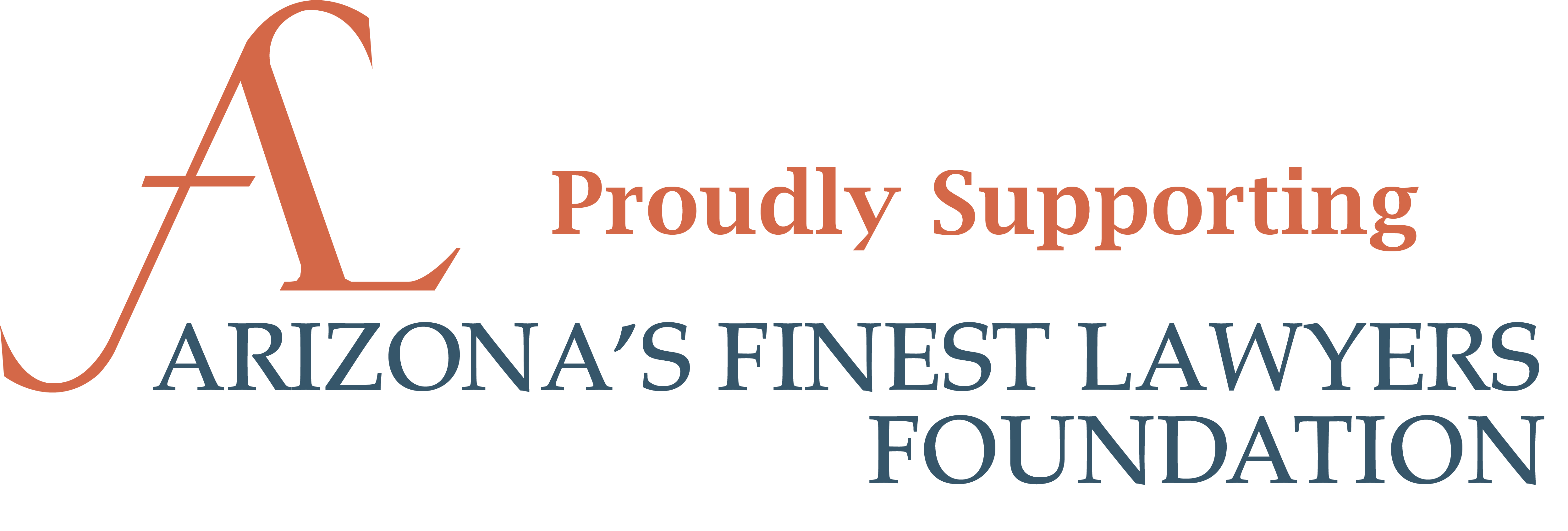Strict Liability of Dog "Owners"
Jan 07, 2015
In Spirlong v. Browne, the Arizona Court of Appeals examined whether a defendant homeowner and landlord qualified as the statutory owner of a renter’s dog as defined under Arizona Revised Statute (“A.R.S.”) section 11-1001(10). In its holding, the court declined to extend liability to an individual who did not exercise care, custody, or control over an animal.
In August 2007, Charles Browne rented two rooms in his home to Mr. and Mrs. Mayes and their two dogs. On December 11, 2007, Browne’s live-in girlfriend Shasta Russell and Mr. Mayes were alone with the dogs when one escaped from the backyard and bit Mr. and Mrs. Spirlong’s son. The Spirlongs filed suit alleging that Browne, Mayes, and Russell were strictly liable for their son’s injuries under A.R.S. sections 11-1020 and 11-1025 (collectively “dog bite statutes”). Browne answered the complaint alleging the fault of others as an affirmative defense. Neither Mayes nor Russell responded to the complaint, and the court entered default judgments against them.
Browne and the Spirlongs cross-moved for summary judgment, contesting whether Browne was the dog’s statutory owner under the dog bite statutes. The superior court concluded that Browne was the dog’s statutory owner and granted the Spirlongs’ cross-motion, holding Browne strictly liable for the Spirlongs’ son’s injuries. The case proceeded to trial where the court instructed the jury that it had already determined Browne was the dog’s statutory owner. However, over the Spirlongs’ objections, the court also instructed the jury on comparative fault. The jury subsequently returned a verdict in favor of Browne.
Despite numerous arguments related to the applicability of comparative fault to the dog bite statutes, the appellate court narrowed its inquiry to determining whether Browne was properly classified as a statutory owner of Mayes’s dog. Generally, the dog bite statutes impose strict liability on dog owners for injuries and bites caused by their dogs. However, under A.R.S. section 11-1001(10), an individual is a statutory owner only if he is “[a] person keeping an animal other than livestock for more than six consecutive days.” Browne argued that “keeping” required a person to have care, custody, or control over the dog. The Spirlongs argued that “keeping” only required a person to “house” a dog in their home for a minimum of six consecutive days.
After noting the word “keeping” was not defined in the dog bite statutes, the court concluded that “keeping” required a person to exercise care, custody, or control over the dog to be considered a statutory owner. Whether or not an individual has met these requirements will be an issue of fact, dependent on the facts and circumstances of a particular case. By adopting this definition, the court distinguished “keeping” an animal from merely “harboring” or “maintaining” one. Thus, to be a statutory owner, and strictly liable under the dog bite statutes, an individual must generally do more than “house” a dog. For example, an individual who provides food and healthcare in addition to shelter for a dog would almost surely qualify as the dog’s statutory owner.
Because the Spirlongs failed to produce any evidence that Browne exercised care, custody, or control over the dog, the court determined that the Spirlongs’ statutory dog bite claims against Browne should have been dismissed as a matter of law and affirmed the judgment entered by the superior court in Browne’s favor.
To read the full opinion, visit http://www.azcourts.gov/Portals/0/OpinionFiles/Div1/2014/1 CA-CV 12-0763.pdf.
Cassidy Crossen

Cassidy was born and raised in Ashland, Ohio. She received a B.S. summa cum laude in 2009 and a J.D. cum laude in 2013 from Arizona State University, where she was a Willard H. Pedrick Scholar and an associate editor of the Arizona State Law Journal.

